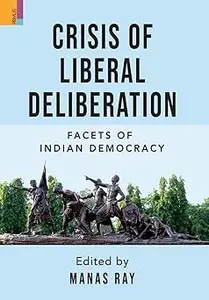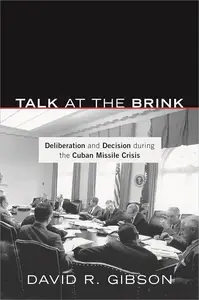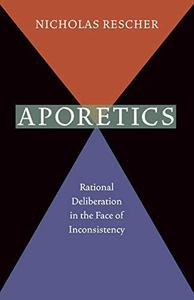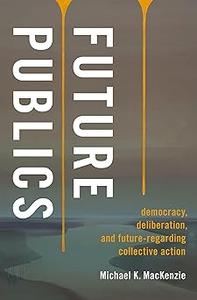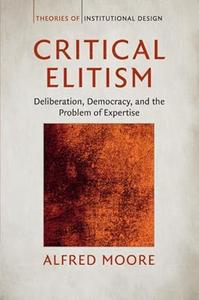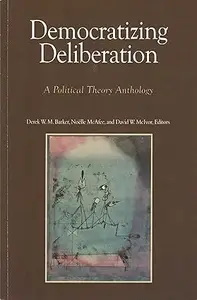
Free Download Derek W M Barker, David W McIvor, "Democratizing Deliberation: A Political Theory Anthology"
English | 2012 | ISBN: 092399341X | EPUB | pages: 184 | 0.4 mb
Democratizing Deliberation brings together recent and cutting-edge political theory scholarship on deliberative democracy. Edited by Kettering Foundation program officer Derek Barker, Noëlle McAfee, associate professor of philosophy at Emory University and associate editor of the Kettering Review, and Kettering Foundation research associate David McIvor, the collection reframes deliberative democracy to be sensitive to the deep conflicts, multiple forms of communication, and aspirations for civic agency that characterize real public deliberation. In so doing, the book addresses many of the most common challenges to the theory and practice of deliberative democracy. Democratizing Deliberation includes a foreword by David Mathews, president of the Kettering Foundation, and the following essays: "Introduction: Democratizing Deliberation," Derek W.M. Barker, Noëlle McAfee, and David W. McIvor "Three Models of Democratic Deliberation," Noëlle McAfee "Rhetoric and Public Reasoning: An Aristotelian Understanding of Political Deliberation," Bernard Yack "Difference Democracy: The Consciousness-Raising Group Against the Gentlemen’s Club," John S. Dryzek "Everyday Talk in the Deliberative System," Jane Mansbridge "De-centering Deliberative Democracy," Iris Marion Young "Sustaining Public Engagement: Embedded Deliberation in Local Communities," Elena Fagotto and Archon Fung "Constructive Politics as Public Work: Organizing the Literature," Harry C. Boyte.
